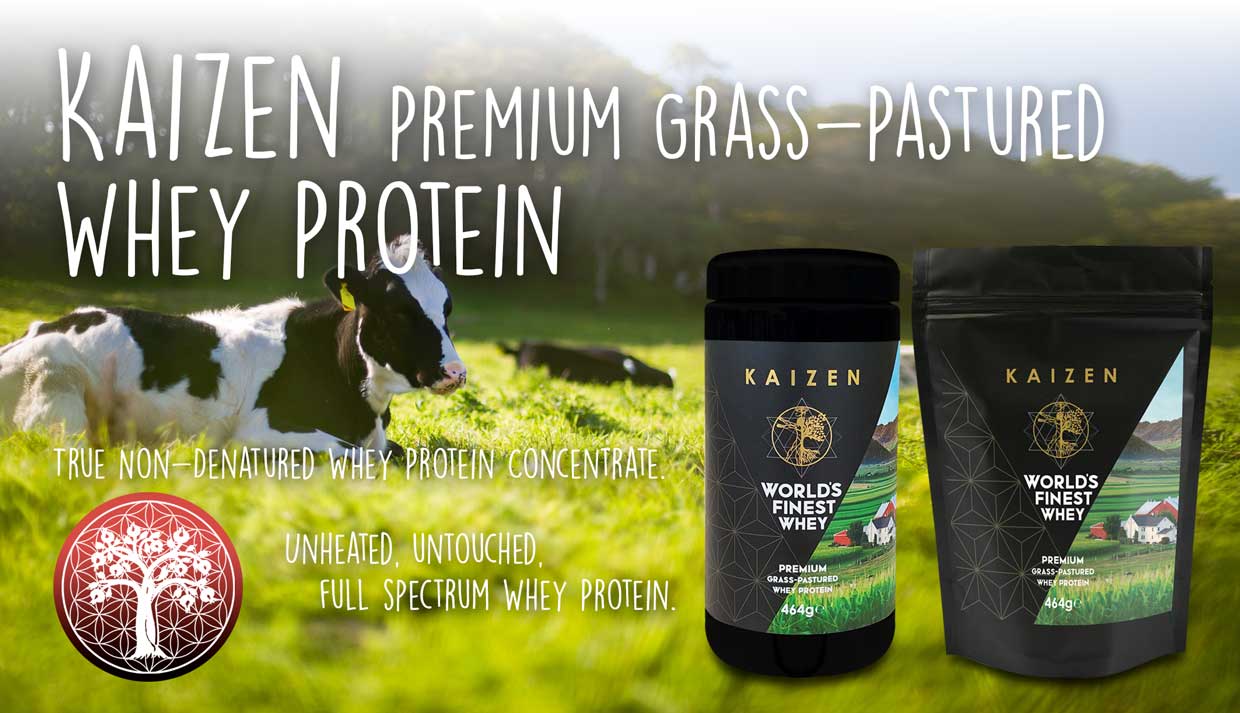Protein Intake – Essential for Immune Health & Organ Function
Protein consumption is essential for more than just athletes or those aspiring to a muscular physique like Arnold Schwarzenegger. It plays a crucial role in maintaining a healthy immune system and is vital for the proper functioning of organs such as the heart, brain, and skin. Additionally, protein is renowned for its capacity to regulate appetite and promote muscle growth. Determining the appropriate amount of protein needed varies based on factors such as your exercise regimen, age, and overall health. This assessment has led many people to question whether supplementing their protein intake with a Whey Protein Powder is necessary.
The production of protein supplements involves the extraction of protein from both animal and plant sources, encompassing a diverse range that includes cow’s milk, eggs, peas, rice, and soy. This extraction process often leads to the removal of naturally occurring components such as carbohydrates, fats, minerals, and fibre, which are integral to the nutritional profile of these sources. In their place, manufacturers frequently add supplementary nutrients, herbal extracts, and sometimes even natural sweeteners to enhance flavour and appeal.
For anyone contemplating the use of Protein powder, it is crucial to recognise that these products fall under the category of food supplements. Unlike food and pharmaceuticals, food supplements are not subjected to the same rigorous regulatory standards. This lack of oversight places the onus of safety and efficacy squarely on the shoulders of manufacturers. Unfortunately, many companies do not conduct thorough testing of their products before they reach consumers, raising concerns about the reliability of these supplements.
Despite the establishment of Good Manufacturing Practices (GMPs) by the FDA, which aim to mitigate the risks associated with food supplements, adherence to these practices remains inconsistent across the industry. A striking statistic from 2017 revealed that approximately 25% of supplement-manufacturing companies whose products underwent testing received citations for issues related to purity, potency, and the accuracy of ingredient labels. This troubling trend underscores the necessity for consumers to exercise caution and diligence when selecting protein powders. Well, you’ve come to the right place as Kaizen Whey Protein is definitely the highest quality available!

Fortunately, there are reputable organisations, such as NSF International, that strive to uphold quality and safety standards in the supplement industry. NSF offers an important certification known as “Certified for Sport,” which guarantees that the contents of the product align with what is advertised on the label. Furthermore, products bearing this certification have undergone rigorous testing to ensure they are GMP-registered and free from hazardous levels of toxic contaminants, including arsenic and mercury. In summary, while protein supplements can be a valuable addition to one’s diet, it is essential for consumers to be informed and discerning. By understanding the regulatory landscape and seeking out certified products, people can make safer, more educated choices in their pursuit of health and wellness.
How Much Protein Does Your Body Need?
When contemplating the potential benefits of supplementing your diet with Protein, one of the most critical factors to consider is your individual protein needs. The Recommended Dietary Allowance (RDA) serves as a guideline for most healthy people, suggesting a Protein intake of 0.8 grams per kilogram of body weight. For instance, a person weighing 150 pounds (approximately 68 kilograms) would require around 55 grams of Protein daily, while someone at 200 pounds (about 91 kilograms) would need approximately 70 grams. However, Protein requirements can vary significantly based on lifestyle and activity level. Athletes engaged in rigorous training regimens may find that increasing their Protein intake to more than double the RDA enhances their performance and recovery. Yet, for the average person, such elevated consumption is often unnecessary and can even be counterproductive.
To put this into perspective, consider common sources of Protein: a single egg contains roughly 6 grams, a half-cup of chickpeas provides a similar amount, and a small handful of nuts contribute around the same. A portion of chicken or fish about the size of a deck of cards can deliver around 30 grams of protein. For many, reaching the recommended protein intake through their regular diet is quite feasible. On average, Americans consume between 65 to 90 grams of protein each day, which typically exceeds the RDA for most persons. It’s important to note, however, that specific demographics, such as young women under 19 and seniors over 70, are more prone to insufficient Protein intake. Research indicates that older adults, in particular, may benefit from increasing their protein consumption to one-and-a-half to two times the RDA to combat age-related muscle loss and to promote strength and lean body mass. This increase in Protein can often be achieved through high-quality supplements or whole food sources.
Pregnant women also experience heightened protein needs, and while they may consider Protein supplements, it is crucial to consult with a healthcare provider, such as an obstetrician or dietician. Many commercial Protein powders may contain additives like ginkgo or papain that could pose risks during pregnancy. In contrast, people with kidney disease often have different Protein requirements, typically needing slightly less than the RDA. Therefore, those in this category should discuss any plans to supplement with Protein with their (holistic) healthcare provider to ensure their dietary choices align with their health needs.
If you’re a healthy adult contemplating the addition of supplements to your diet, it’s crucial to first clarify your specific goals, especially if you’re aiming to enhance muscle mass. The bulk of research in this area has focused on methods to boost muscle growth and strength, providing valuable insights into how best to achieve your fitness objectives. For older adults, there’s evidence suggesting that a slight increase in Protein intake can be beneficial, irrespective of their exercise habits. However, for the majority of individuals, particularly those who are younger and active, engaging in resistance training proves to be far more effective than merely relying on protein supplements. In fact, if your intention is to amplify the muscle growth that typically accompanies regular exercise, studies indicate that consuming between 20 to 40 grams of Protein per serving is optimal, an amount roughly equivalent to what you would find in a standard can of tuna.
It’s important to note that consuming larger quantities of Protein in one sitting does not necessarily equate to greater gains in muscle mass. In fact, exceeding this recommended range can lead to excess calorie intake without any added benefit to your muscle-building potential. Therefore, downing multiple scoops of Protein powder at once is unlikely to yield the desired results and may, in fact, hinder your progress. While plant-based Protein powders often contain slightly lower protein levels, they should not be dismissed as viable options. For instance, rice and pea protein have demonstrated the ability to stimulate muscle growth similarly to Kaizen Whey Protein, which is renowned for its high quality and rapid absorption due to its dairy origins.
If, for some reason, increasing your Protein intake through traditional dietary methods is not feasible, Protein supplements can serve as an effective and convenient alternative. However, it’s worth remembering that you don’t need to emulate professional bodybuilders or adopt an extreme approach to protein supplementation. A balanced diet, combined with a well-structured exercise regimen, is often sufficient to support your muscle growth and overall fitness goals without resorting to excessive supplementation.


